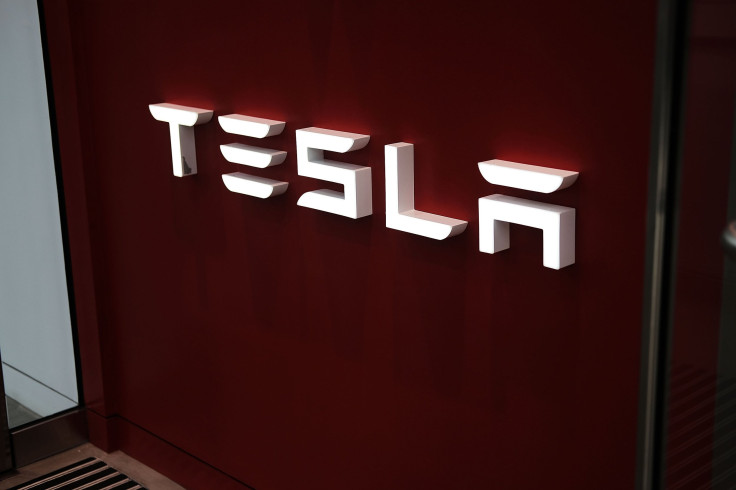Tesla To Expand In Ukraine And Eastern Europe, Says Musk

Ukraine, which elected a professional comedian as its president in January, is now being considered as another Eastern European country Tesla Inc. plans to expand into as it seeks to establish itself in more geographical markets.
Tesla’s presence in Eastern Europe is almost negligible at present. It’s another story in Western Europe where Tesla is currently the number one luxury car brand for the electric vehicle (EV) and combustion motor segments.
Tesla sold 19,482 Model 3s in Western Europe in the first quarter. The former top selling EV in Europe, the Renault Zoe, only sold 11,049 in Q1, while the Nissan Leaf sold 10,315 EVs. The Model 3’s dominance is even more remarkable given it only became available in Europe in February. Some analysts now expect the Model 3 to end 2019 as the top-selling electric car model in Western Europe.
With Tesla entrenched in Western Europe, the only direction left to go to is east. Tesla is finally expanding towards Eastern Europe in response to pleas from the few Tesla owners in this region.
It’s already known Tesla will first expand into the Czech Republic, which currently has 2,473 EVs. Analysts expect 10,000 EVs on Czech roads in 2020 and up to 250,000 by 2030.
The Czech Republic along with Hungary and Poland (Eastern Europe’s biggest economy) are the top three markets for EVs in Eastern Europe outside of Russia. There are now 3,128 EVs in Hungary and 2,981 in Poland.
Tesla’s pending move to Ukraine was prompted by tweets from Ukrainians asking Tesla to set-up superchargers and service centers in their country.
A tweet on Thursday saying Ukraine needs superchargers was answered by Musk, who tweeted back a curt “OK!”
Ok
— Elon Musk (@elonmusk) June 26, 2019
When asked in a tweet about expansion in Eastern Europe in general in 2020, Musk tweeted back “probably sooner.”
Probably sooner
— Elon Musk (@elonmusk) June 26, 2019
Fast-charging stations are also being built at a rapid rate throughout Eastern Europe.
Hungarian oil and gas company MOL intends to build a network of 700 charging stations in Hungary, Romania, Croatia, Slovenia, Slovakia and the Czech Republic. Germany’s E.ON, Croatia’s HEP, Slovenia’s Petrol, BMW and Nissan’s Hungarian unit are together building 252 fast and ultra-fast charging stations in the Czech Republic, Slovakia, Hungary, Croatia, Slovenia and Romania.
"The prize is becoming the first mover," said Ivan Kondratenko, an analyst at Frost & Sullivan in Warsaw. "Eventually there will be an uptake of electric cars in CEE so they want to have the infrastructure ready to accommodate these customers.
© Copyright IBTimes 2024. All rights reserved.





















